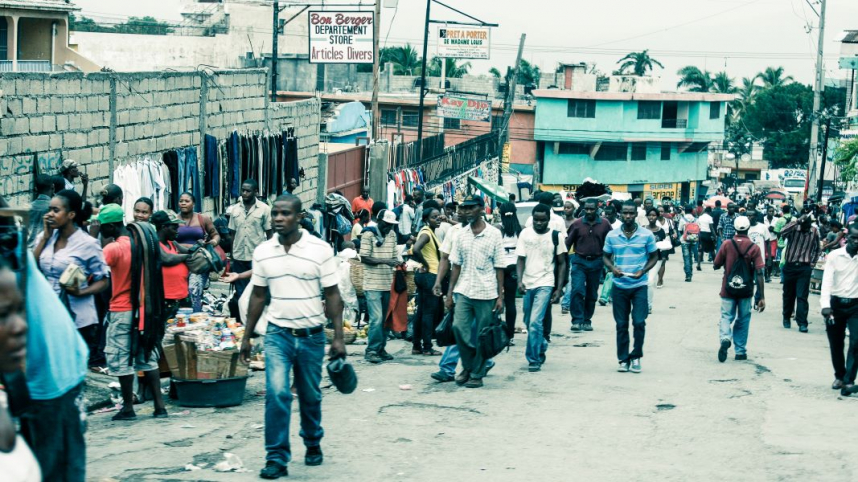
Haiti on Sunday (2/10) said at least seven people have died of cholera in a surprise return of the disease that comes as the nation is paralyzed by a gang blockade that has triggered shortages of fuel and clean drinking water.
The disease killed some 10,000 people through a 2010 outbreak that has been blamed on a United Nations peacekeeping force. The Pan American Health Organization in 2020 said Haiti had gone a year with no confirmed cholera cases.
"According to the information we have, the number of deaths is about 7 to 8," said Health Ministry General Director Laure Adrien during a press conference, adding that officials were struggling to get information from hospitals.
"There was one death during the day today."
The Health Ministry earlier confirmed one case in the Port-au-Prince area and that there were suspect cases in the town of Cite Soleil outside the capital, which was the site of vicious gang turf wars in July.
Basic transit is now impossible for most citizens.
Caribbean Bottling Company, a key supplier of bottled water, said on Sunday that it could no longer continue producing and distributing water because it had run out of diesel fuel, which is critical to its supply chain.
Cholera causes uncontrollable diarrhea
The disease is typically spread by water contaminated with the feces of a sick person, meaning that clean drinking water is critical for preventing its spread.
Troops from Nepal, where cholera is endemic, were in Haiti as part of a U.N. peacekeeping force established in 2004 after the overthrow of President Jean-Bertrand Aristide. The force size increased after Haiti's 2010 earthquake.
The United Nations 2016 apologized for the outbreak, without taking responsibility.
An independent panel appointed by then-U.N. Secretary General Ban Ki Moon issued a 2011 report that did not determine conclusively how cholera was introduced to Haiti.
The panel members 2013 independently published an article that concluded personnel associated with the U.N. peacekeeping mission were "the most likely source."